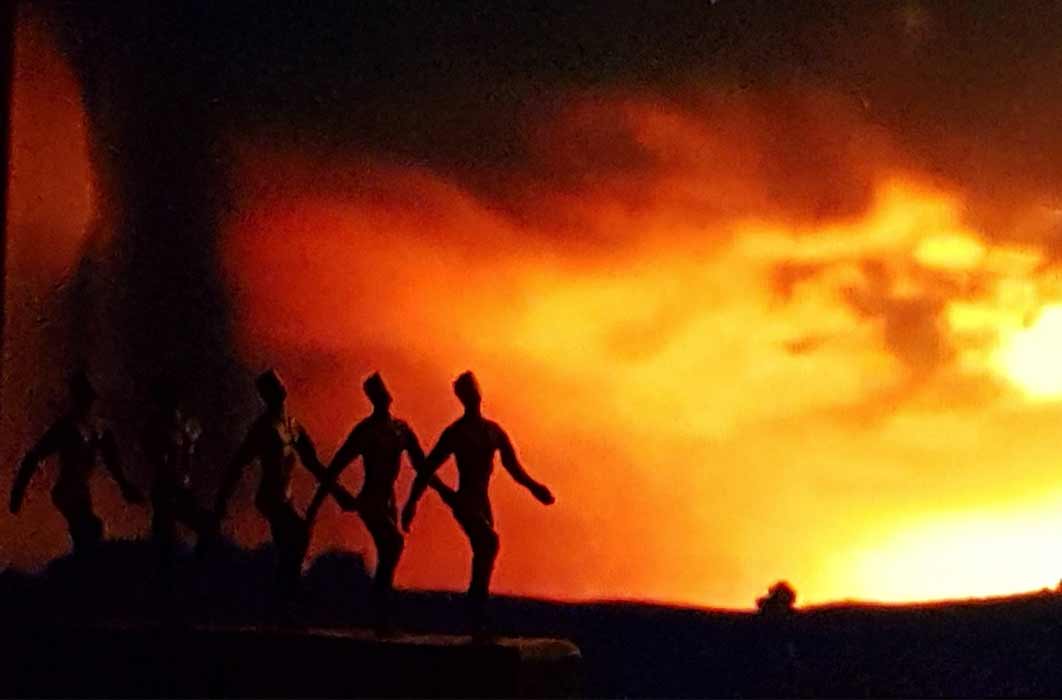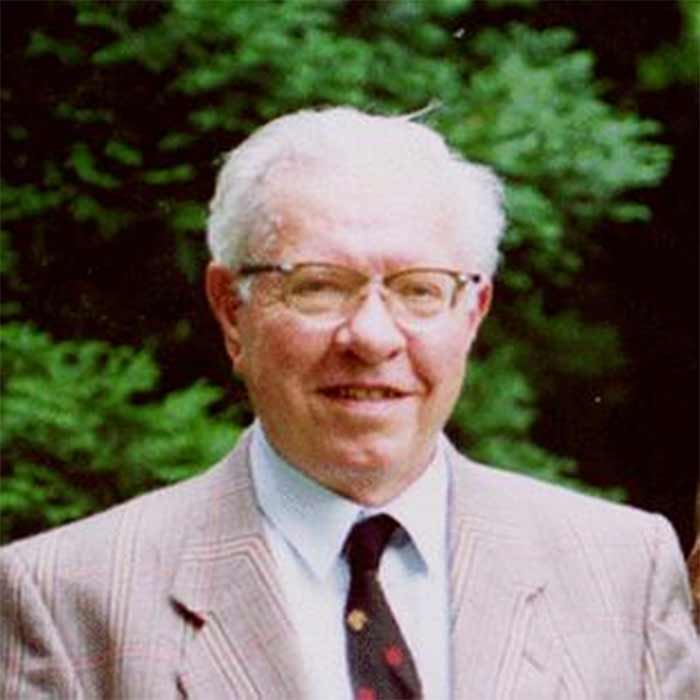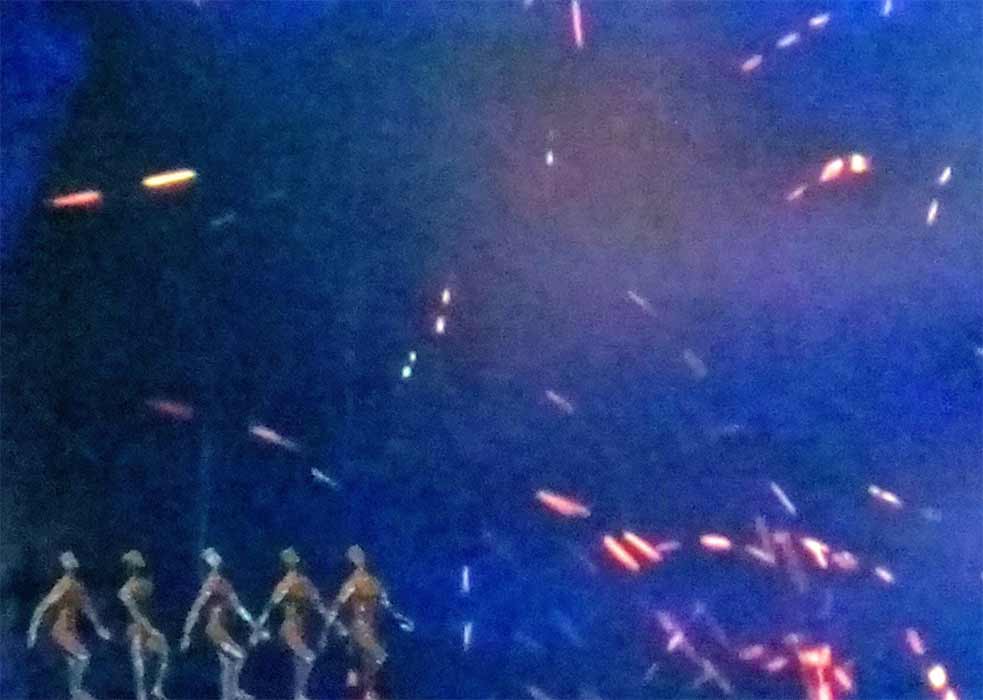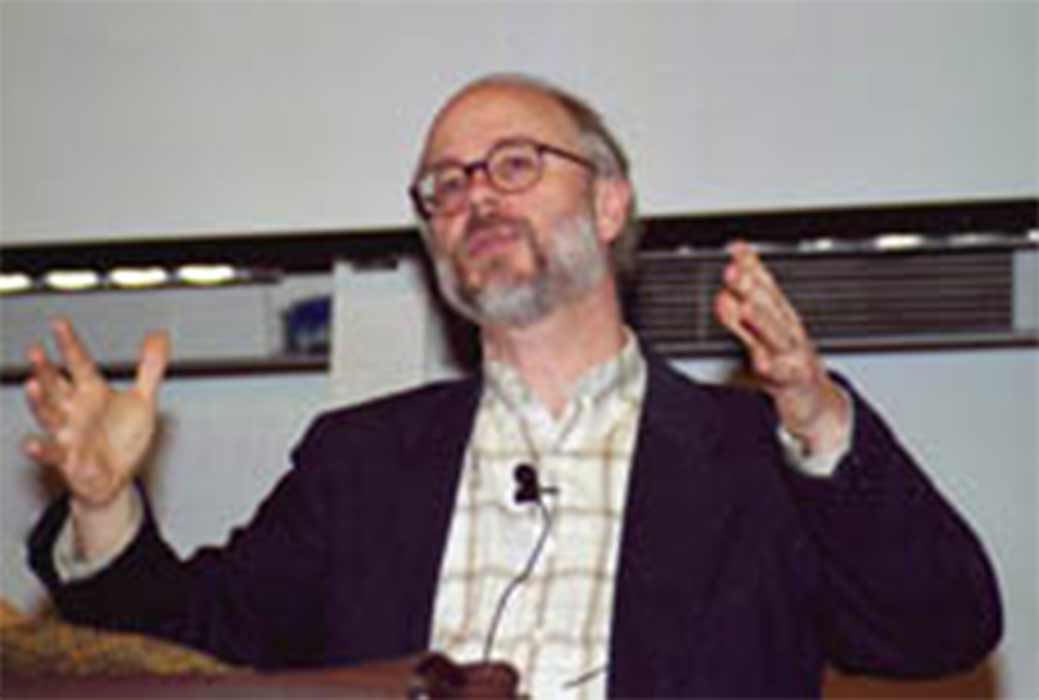
Cosmology From Anthropic Principle to Irreducible Complexity And Beyond
Who Did It? Did God Do It? The very idea that the universe had a beginning was so troubling to Sir Fred Hoyle that when he was promoted to Lecturer in Mathematics at Cambridge in 1948, he published two papers on steady-state cosmology, in which he presented a serious alternative to the Big Bang theory. That led him to speculate about human life on Planet Earth. Eventually he proposed what is now called the Anthropic Principle. His theory is based more on philosophy than science, but modern quantum physics seems to follow a similar tendency. Its basic tenant is that the universe cannot exist without a consciousness to observe it.

Sir Fred Hoyle 1915 - 2001 (Free Use)
The Anthropic Principle
How could the universe be so well balanced as to fall within such a very narrow band of laws that just happen to define the boundaries of human beings and their thought processes? It seems very unlikely. Therefore, Hoyle proposed that human beings originated and evolved within the universe because this is the kind of universe in which they could originate and evolve. It seems like circular reasoning, but it makes sense, in a philosophical kind of way. This kind of theorizing had a profound influence on Sir Hoyle. When he first began to think along these lines, he was an atheist, but he eventually came to believe that the guiding hand of God was behind the whole thing. To Hoyle, the statistical improbability of carbon-based life forms such as humans was too much to overcome. He could not imagine such an event without help from outside.
There are currently two accepted variations on Hoyle's original theme that do not require a traditional view of God found in most religions. The first is called the Strong Anthropic Principle (SAP) and is championed by Frank Tipler and John Barrow. They believe that the universe is somehow compelled to produce conscious life. In other words, the universe intended human beings. Human beings are its reason for being.

The Universe intended human beings (Image: Courtesy Micki Pistorius Deriv)
The second variation is called the Weak Anthropic Principle (WAP). Its chief cheerleader is Brandon Carter. He believes the universe is fine-tuned to human beings’ specifications because of what he calls selection bias, or even survivor bias. In other words, life will arise in a universe that is capable of supporting it. There might be many other universes out there beyond our perception range where human beings could never have come to pass. But this one happened to have suited a particular type of sentient consciousness, so here we are.

Michael J Behe, professor of biochemistry at Lehigh University in Pennsylvania, Intelligent Design proponent. Lecture at DPC, University of Maine.( The Maine Campus Online / CC BY-SA 3.0)




